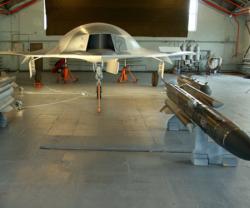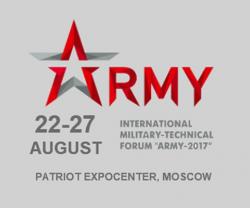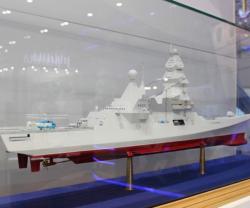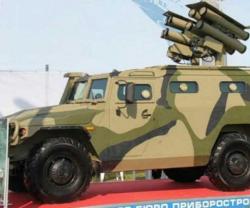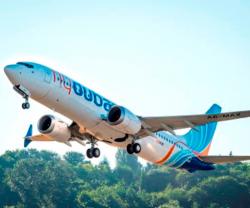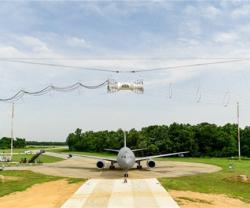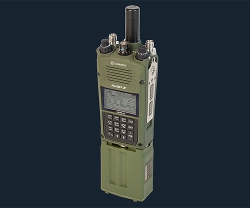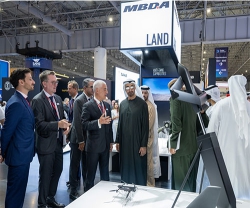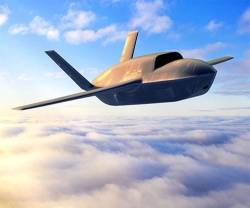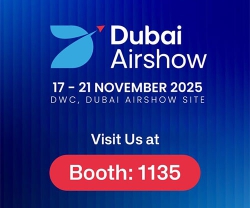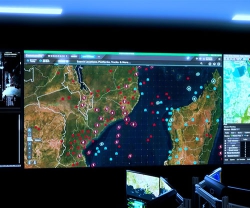In 2015, MAKS proved that despite the current political tensions between the host country and the Western states and the economic difficulties Russia is facing, the interest in Russia’s aerospace products, technologies and the country’s aerospace market remains particular.
Aircraft manufacturing giants, such as Boeing and Airbus along with world-famous aerospace firms were presented at MAKS, actively participating in negotiations with Russian counterparts from the industry and government officials.
The absolute majority of the deals were signed in the first three days, where the first one featured arrival of Russian President Vladimir Putin and the second two were dedicated exclusively to business.
Mostly signed in the civilian aerospace sector, many deals had to do with Russia’s Superjet-100 (SSJ-100), a short-to-medium-haul passenger plane developed by Sukhoi aircraft manufacturer.
Most of these contracts were signed by Sukhoi with Russian air carriers. However, Russia’s Deputy Minister of Industry and Trade Andrei Boginsky stated that Iran was considering purchasing dozens of SSJ-100’s.
In the sphere of aircraft construction, Russian company VSMPO-Avisma, leading manufacturer of titanium products, signed a contract on the delivery of titanium molds for the new composite wing of Boeing’s 777X aircraft, and an agreement with Airbus on machined components for the landing gear.
As of military aerospace industry, almost 50 Su-35 multi-role fighter aircraft (NATO reporting name: Flanker-E) have been ordered by the Russian Defense Ministry. It has also been announced that a contract will be signed by the ministry for new MiG-35 fighters (NATO reporting name: Fulcrum-F) in 2016.
Airshow participants from Belgium, the United States and Canada showed their readiness to cooperate and deepen relations with Russian aerospace firms and air carriers despite the devaluation of the ruble and the sanctions regime, imposed by Western countries over the crisis in Ukraine.
For instance, Canada’s Marinvent Corporation is actively cooperating with a Russian state-run GosNIIAS research center on avionics certification processes that would help Russian-made aerospace products to be presented on the international market at a time when internal consumption is slowing down amid the economic situation.
Source: Sputnik


